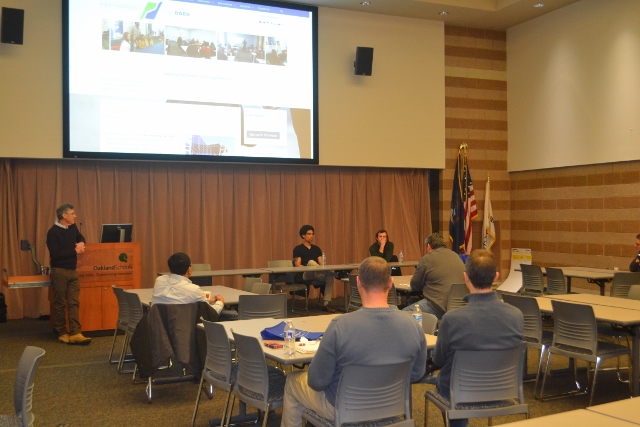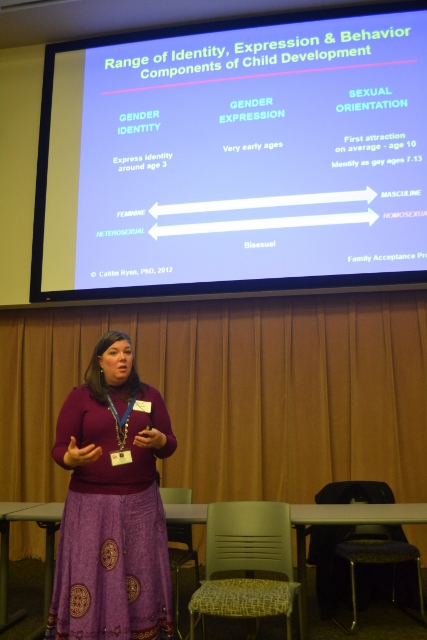I make no apologies for being a shared parenting advocate. As a family therapist, I’ve understood for years that kids need both parents. But in 2003, the clinical benefits that are achieved for children in shared parenting and the negative outcomes that often result when a parent is under involved became even more meaningful to me when my son was born.
Yet with all the research and understanding, a minute few still try and argue that the need for shared parenting somehow changes in a divorce or never married dynamic. Unfounded rationalizations include “schlepping from one house to the other is burdensome for kids and they’ll do better if they have one primary home.” Fact is, most family therapists and research concludes that as long as the environment is safe, predictable and consistent, children do fine in multiple environments. However, they do poorly when the frequency of contact with their parent is restricted to a visitor status and the voids then created tend to be acted out in highly destructive ways.
As a valued family clinician once told me early on in my case, a child’s need for a healthy attachment and loving relationship with both parents trumps any need for one residence, neighborhood, etc. It takes real time to develop and maintain that sort of relationship. I’ve seen this truth illustrated in my child’s life. He spends equal time between two homes that are 30 miles apart but he’s thriving in every way. Not surprising, children, like adults, define relationships by the frequency of contact and quality of time they spend with someone so regardless of a marital status, it requires a quantity of time to authenticate a parental role. If you’re being challenged in your legal ability to achieve something to that end, retain an experienced family law attorney who understands what the Michigan Parenting Time Guideline states:
Michigan statutes recognize that when parents separate or divorce, their children’s best interests are served by continuation of the parent/child relationship. So strong is this recognition that the law establishes a presumption that it is in the best interests of a children to have strong relationships with both parents. Therefore, parenting time should be of a frequency, duration and type reasonably calculated to promote a strong relationship between the children and parent. The children have a right to parenting time unless the court determines on the record by clear and convincing evidence that parenting time would endanger the children’s physical, mental or emotional health [MCL 722.27a].
Calculating parenting time in a frequency, duration and type that promotes strong relationships between children and their parents. Sounds like a novel idea, certainly nothing that requires sophisticated clinical training or legal brilliance, yet this remains the single most controversial aspect of divorce. One reason why is that some parents continue fighting by trying to use children as pawns to control and hurt the other parent.
Make no mistake about it, taking a willing parent out of the mix of parenting will ultimately hurt and scar your children.











